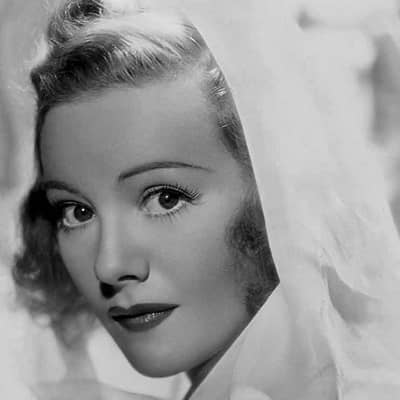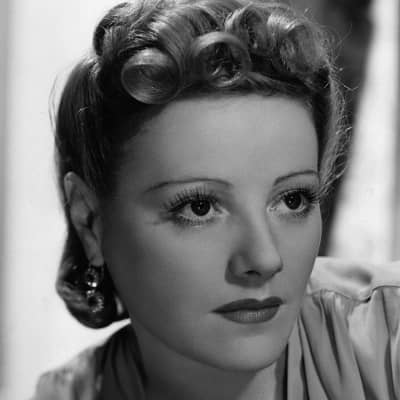Table of Biography
Franciska Gaal was a Jewish-born Hungarian cabaret performer and film actress. Franciska Gaal starred in a popular series of European romantic comedies. She moved to Hollywood after attracting interest and made three films there.
Early Life and Childhood
Franciska Gaal was born on February 1, 1904, in Budapest, Hungary.
Gaal was a naturalized Hungarian citizen and Roman Catholic by religion. Similarly, her full name was Franciska Silberspitz and her birth sign was Aquarius.
Her mother and father’s names were Regina Pfeifer and Lipót Silberspitz. She was the last of the 13 children of a Jewish family.
Education
Talking about her educational background, Gaal studied at the Stage Academy in Budapest in 1919 and by 1920 appeared in theaters in that city.
Career and Professional Life
Regarding her career, Gaal made her film debut in Máté Gazda és a törpék (1919). Joe Pasternak trained her as a singer, and she went on to become a popular stage and cabaret performer in Central Europe in the 1920s and 1930s.
Moreover, she made her first film appearances in early 1920s Hungarian silent films, but her career didn’t take off until sound came along. However, Gaal came to Hollywood to star in Cecil B.
She appeared in De Mille’s epic adventure film The Buccaneer (1938), opposite Fredric March, after appearing in several films made in Hungary, and Germany. She followed this with the 1938 comedy The Girl Downstairs, a remake of her Austrian success Catherine the Last.
Gaal co-starred in the musical Paris Honeymoon with Bing Crosby in 1939. Because of her mother’s illness, she returned to Hungary in 1940 and stayed for the duration of World War II.
In 1946, she began production on a new film, the Soviet-backed Renee XIV, in Budapest with Johannes Heesters and Theo Lingen, but filming was halted during production, and the film was never completed.
She returned to the United States in 1947 with her Budapest-born attorney husband Francis de Dajkovich (who died in 1965), but her return drew little attention in Hollywood. In 1951, she replaced Eva Gabor in The Happy Time on Broadway.
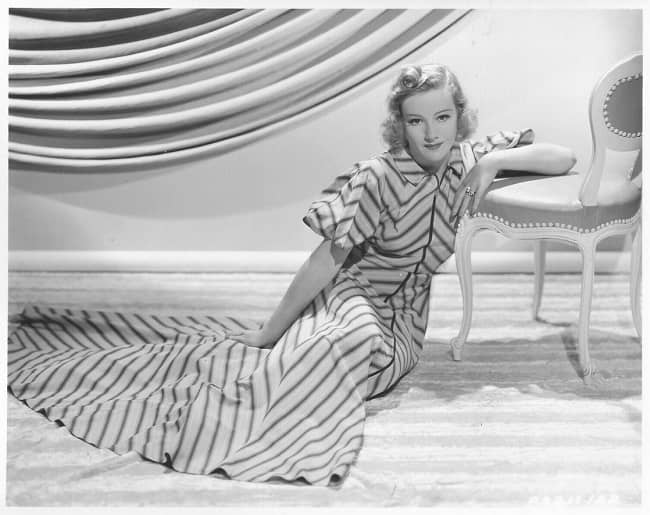
Caption: Franciska Gaal featuring in a movie. Source: Listal
Brand Endorsements
Gaal has not endorsed any brand, nor has she promoted anything, nor has she been seen in any brand collaborations.
Awards and Nomination
Gaal has not been associated with or won any kind of awards and hasn’t received any prestigious title yet.
Net Worth 2024
Franciska Gaal was a Jewish-born Hungarian cabaret performer and film actress. who earned a considerable income from her work. Gaal’s estimated net worth was around $600k. Also, Gaal used to receive an annual salary of $50k and her source of income was mainly her acting profession.
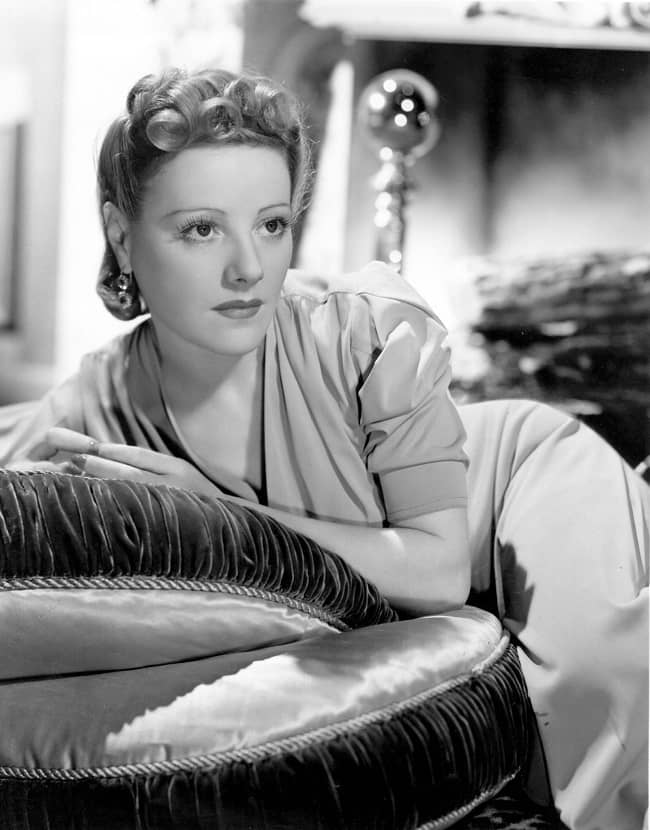
Caption: Franciska Gaal at her home. Source: Getty Images
Relationship Status
Franciska Gaal was previously married to Francis de Dajkovich (m. 1934–1965) and Lestyán Sándor (m. 1922–1933). She returned to the United States in 1947 with her Budapest-born attorney husband Francis de Dajkovich (who died in 1965), but her arrival drew little attention in Hollywood. Moreover, there is no information regarding Gaal’s past affairs or girlfriends.
Death
She died on January 2, 1973, in New York, New York, United States.
Scandal
Gaal hasn’t been associated with any rumors or controversies. Also, Gaal avoided the media and engaging in situations that could have damaged her professional acting career.
Franciska Gaal – Body Measurements
Talking about her height Gaal was 5 Feet 3 inches tall and weighed 55kg. Similarly, Gaal’s body measurement was 32-27-33 inches and her eye color was black and her hair color was brown. Also, Gaal’s dress size was 5 and her shoe size was 6(US).
Moreover, Gaal used to follow a strict workout and diet plan and a balanced lifestyle to keep it maintained. Similarly, Gaal used to work out in a variety of ways, including yoga, pilates, and cardio.
Also, Gaal used to follow a Mediterranean diet that consisted primarily of nuts, fruits, and vegetables. In addition, Gaal used to drink a lot of water to stay in shape.
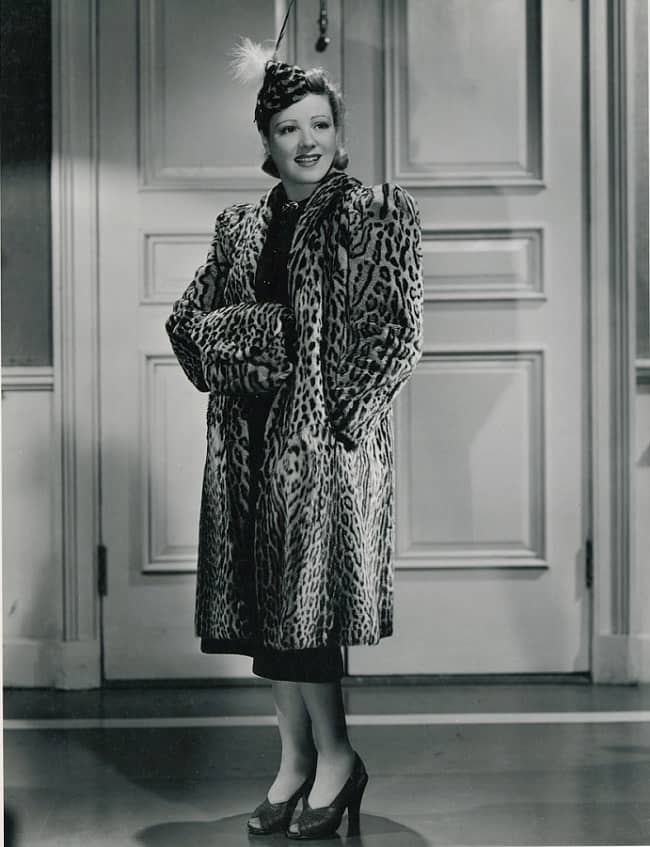
Caption: Franciska Gaal giving a pose. Source: National Museum Of American History
Franciska Gaal – Social Media
Gaal was not available on social media sites. In her days, social media weren’t as popular as now and only the medium of communication was the telephone and letters.


